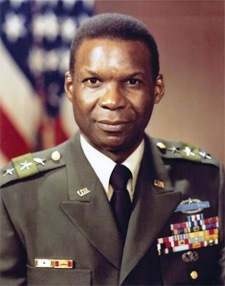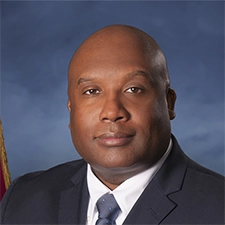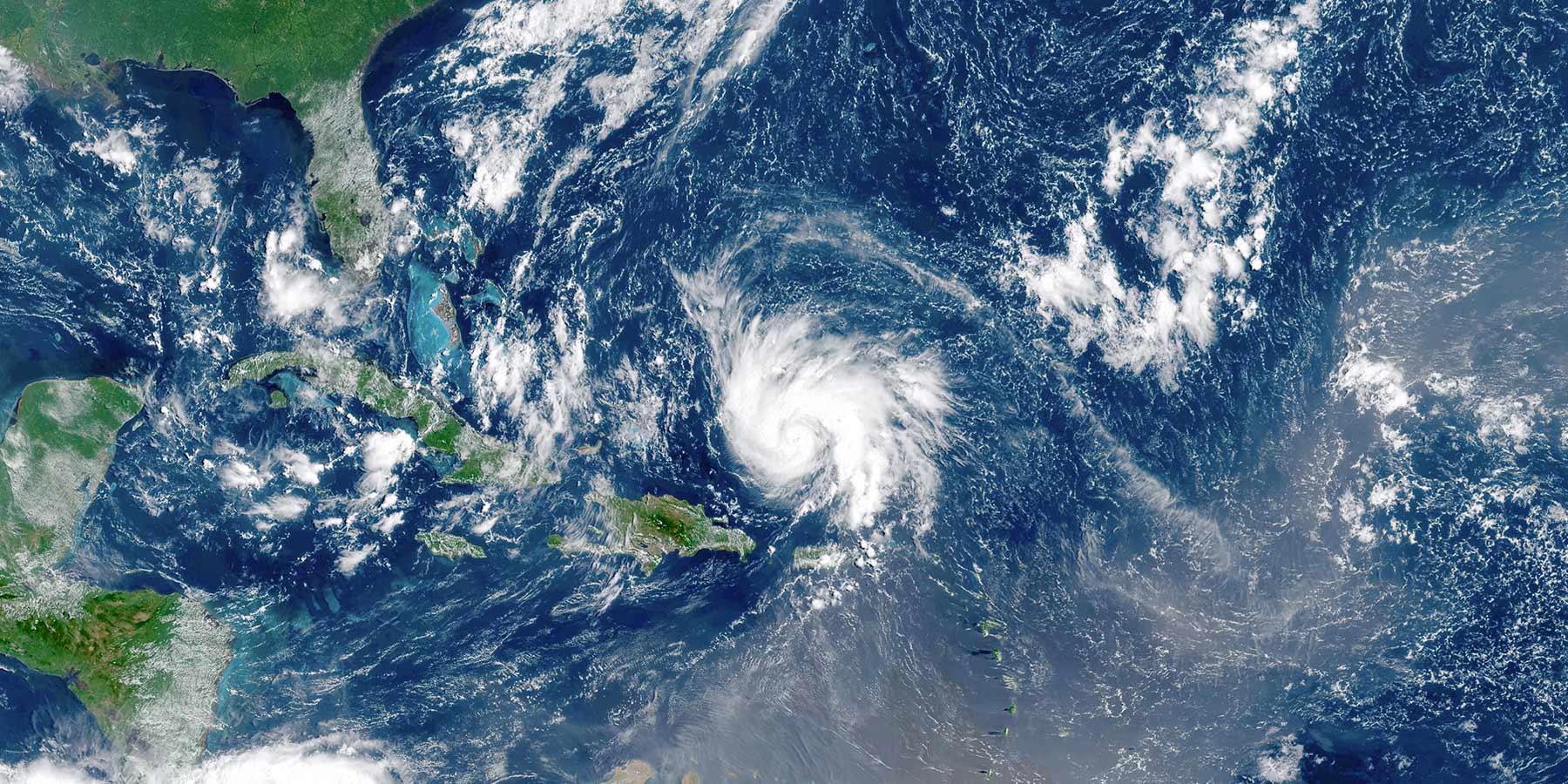African American leaders have played important roles in shaping emergency and disaster management policies, strategies, and on-ground responses. As we observe Black History Month, it is important to acknowledge and celebrate the contributions of individuals who have paved the way for future generations and underscored the importance of diversity in managing crises effectively.
African American Pioneer Legacies: Driving the Future of Emergency Management Leadership
The history of emergency and disaster management in the United States is deeply intertwined with the efforts of African American leaders. These pioneers have responded to crises and have been at the forefront of policy and strategic planning to mitigate disasters.
A notable trailblazer in the emergency management space is Lt. General Julius Becton Jr. His illustrious military career is marked with numerous awards, such as the Distinguished Service Medal, two Silver Stars, two Purple Hearts, and two Bronze Stars. When he retired in 1983, Lt. General Becton was the Army’s second highest-ranking Black officer. Following his distinguished military service, Lt. General Becton transitioned to civilian disaster response, taking the helm of the Foreign Disaster Assistance office. He later became the first person of color to lead the Federal Emergency Management Agency (FEMA) as its director from 1985 to 1989, a tenure that left an indelible mark on the field. His diverse thought leadership and innovative practices have driven major changes in policies and programs for marginalized communities and have positively influenced more diversity within government and non-profit organization leadership.

In Lt. General Becton Jr’s footsteps is Erik Hooks, who was appointed in 2021 as FEMA’s first Black Deputy Administrator. Also serving as the agency’s Chief Operating Officer, Hooks leads a team of 20,000 professionals and manages a budget of approximately 30 billion dollars. He also serves as the Key Intelligence Official responsible for Homeland Security Information and National Intelligence. As a voting member of the Homeland Security Intelligence Council and the Counter Threat Advisory Board, Hooks plays a crucial role in evaluating and coordinating intelligence efforts to counter all threats and hazards.

Prior to his service as the Deputy Administrator of FEMA, Hooks served as the Secretary of Public Safety in North Carolina. He led the largest state government agency, oversaw a multi-billion-dollar budget, and provided leadership to various divisions within the Department of Public Safety. As a dedicated public servant with over 30 years of experience, Hooks brings his diverse skillsets and perspectives to FEMA and has led and supported key initiatives to drive resiliency as a whole community approach, encouraging building code improvements and increased mitigation programs to minimize future damage to high-risk areas and marginalized communities.
In a National Association of Counties (NACo) article, Hooks emphasized, “all communities are different, and they’re impacted differently by storms, and it may be the same storm, but it may impact the communities differently because of a lack of investment in that community, so we need to look at building capacity in those communities.” He also said, “It’s often those under-resourced communities that suffer worse, so those are some of the priorities that the administration has placed, that we need to build capacity, so that they can withstand the nature of some of the storms and threats that they face.
Similarly, Curtis Brown, the first African American to become State Coordinator of Emergency Management for the Virginia Division of Emergency Management, and Chauncia Willis, former emergency manager with the City of Tampa, FL, co-founded the Institute for Diversity and Inclusion in Emergency Management. Both have been pivotal in integrating diversity and equity into emergency management practices. Their work has emphasized the need for representation at all levels, from on-the-ground responders to decision-makers in governmental agencies.
Diverse Representation: A Key Element for Effective Disaster Management
The importance of diverse representation in emergency and disaster management cannot be overstated. While disasters do not discriminate, they impact underserved communities more severely. Marginalized groups often face disproportionate challenges during emergencies. African American emergency management professionals bring invaluable perspectives that ensure response and recovery efforts are equitable and inclusive.
To achieve this, we need:
- Inclusive Policy Making: Creating disaster management policies that are inclusive and address the unique communities faced by diverse communities.
- Cultural Competence: Developing a deeper understanding of cultural competencies among emergency professionals to enhance the effectiveness of disaster response.
- Mentorship and Education: Encouraging mentorship programs and educational opportunities that support the growth of African American professionals in the emergency management field.
Having diverse leadership leads to more effective disaster preparedness and response strategies. When leaders from diverse backgrounds participate in planning and executing emergency response, they bring awareness of the unique needs of different communities, resulting in more tailored and practical solutions.
Educating the Next Generation of African American Leaders
African American professionals in emergency and disaster management play a crucial role in guiding and empowering the next generation of specialists in this field. Their impact extends beyond immediate disaster planning and response, as they contribute significantly to education and mentorship.
This is where organizations like I-DIEM step in and make a real difference. As a leader in promoting diversity and inclusion in emergency management, I-DIEM partners with universities to offer students specialized knowledge, skills, and invaluable mentorship opportunities. Through initiatives like their diversity scholarship program, they ensure that aspiring emergency managers receive comprehensive training and bring diverse perspectives to their work.
Recognizing the significance of such collaborations, universities and educational institutions are increasingly embracing I-DIEM’s and similar organizations’ principles. They are integrating diversity and inclusion into their curricula and faculty, enhancing students’ learning experiences. By combining the expertise of experienced professionals with academic programs in emergency and disaster management, the workforce of the future becomes more inclusive, prepared, and resilient.
The Way Forward
As we move forward, it is imperative to recognize and foster the continued involvement, leadership, and innovation of African Americans in emergency and disaster management. By embracing diverse perspectives and solutions, we can effectively address the challenges posed by extreme weather events, climate change, urbanization, and technological risks. The increasing recognition of the value of diversity by local governments and emergency management agencies is a positive trend that should be supported and amplified through initiatives and programs promoting diversity in this field.
The Federal Emergency Management Agency (FEMA) has taken significant steps towards inclusivity through policies and programs like the White House’s Justice40 Initiative. This initiative aims to deliver substantial benefits to marginalized and underserved communities, ensuring equitable access to climate, clean energy, affordable and sustainable housing, and clean water investments. Additionally, the enactment of the Community Disaster Resilience Zones Act of 2022 allowed FEMA to identify and prioritize the most at-risk and in-need communities for targeted federal support. The designation of 483 Community Disaster Resilience Zones across all 50 states in late 2023 marks a positive stride towards providing pre-disaster funding to build resilience in vulnerable areas.
By embracing diversity, supporting inclusive policies, and investing in resilience, we can create a more equitable and resilient future for all. Together, we can navigate the challenges ahead and build a safer, more sustainable world.



